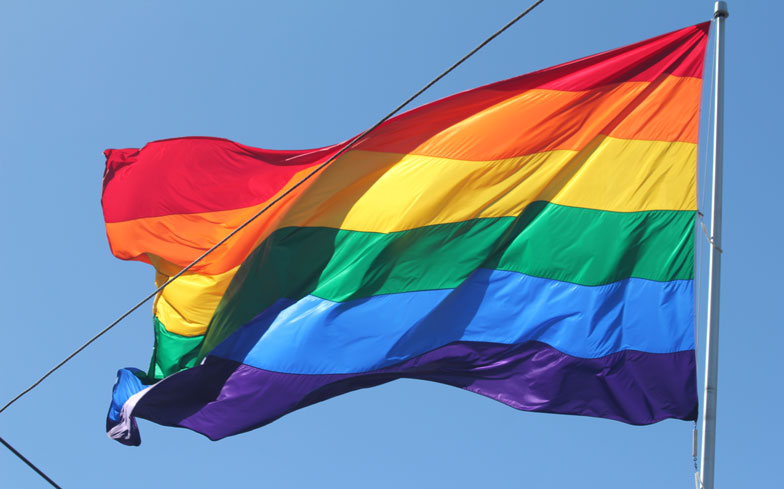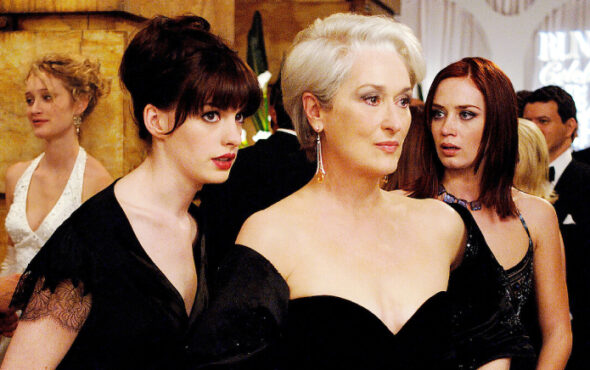
The European Parliament voted by 435 votes to 109 to adopt a text which condmened gay ‘cure’ therapy and urged its member states to ban the practice.
The text in question reads: “[The European Parliament] welcomes initiatives prohibiting LGBTI conversion therapies and banning the pathologisation of trans identities and urges all Member States to adopt similar measures that respect and uphold the right to gender identity and gender expression.”
This is the first time that the EU has specifically condemned the practice, which has been widely discredited by experts, and banned in several places across the world including Malta, nine separate U.S states and the Australian state of Victoria.
The vote came following an amendment on the Parliament’s annual report on the situation of fundamental rights. The report also condemned discrimination against LGBTQ people and called for “the inclusion in school curricula of education about the value of tolerance” to tackle anti-LGBTQ discrimination.
Other sections of the report called for member states to guarantee the freedom of movement for same-sex couples and their families, as well as calling on member states to recognise gender identity changes.
Related: European Court advises all EU nations must recognise same-sex couples
Terry Reintke MEP and Malin Björk MEP, who are part of the EU’s LGBTI Intergroup said: “Despite great progress in many countries over the last decade, discrimination against LGBTI people is still a reality in the EU.
“LGBTI people should be free from discrimination, bullying, and violence. Their right to self-determination should be guaranteed, and their bodily integrity protected.”
Sadly, however, gay ‘cure’ therapy is still legal in the United Kingdom. A recent petition, that was launched by Liverpool Echo journalist Josh Parry, was met with the same response that previous petitions had been met with.
“This Government does not believe that being lesbian, gay or bisexual is an illness to be treated.
“Gay conversion therapy is an attempt to use therapeutic approaches to change a person’s sexual orientation. It is sometimes known as ‘reparative’ or ‘gay cure’ therapy. The Government fully recognise the importance of this issue and the adverse impact this treatment could have on lesbian, gay and bisexual (LGB) people.
“There is no evidence that this sort of treatment is beneficial, and indeed it may well cause significant harm to some patients. It is incumbent on professionals working in the National Health Service to ensure that treatment and care, including therapy, is provided to every patient without any form of discrimination.
“This Government is committed to tackling discrimination towards LGB people.
“That is why we have already worked with the main registration and accreditation bodies for psychotherapy and counselling practitioners, including the UK Council for Psychotherapy (UKCP), to develop first a consensus statement and then a Memorandum of Understanding committing signatory organisations to a range of activities including training and awareness raising amongst their members in relation to this issue.
“This Government has already taken the necessary steps to prevent the practice of gay conversion therapy in the UK.”




